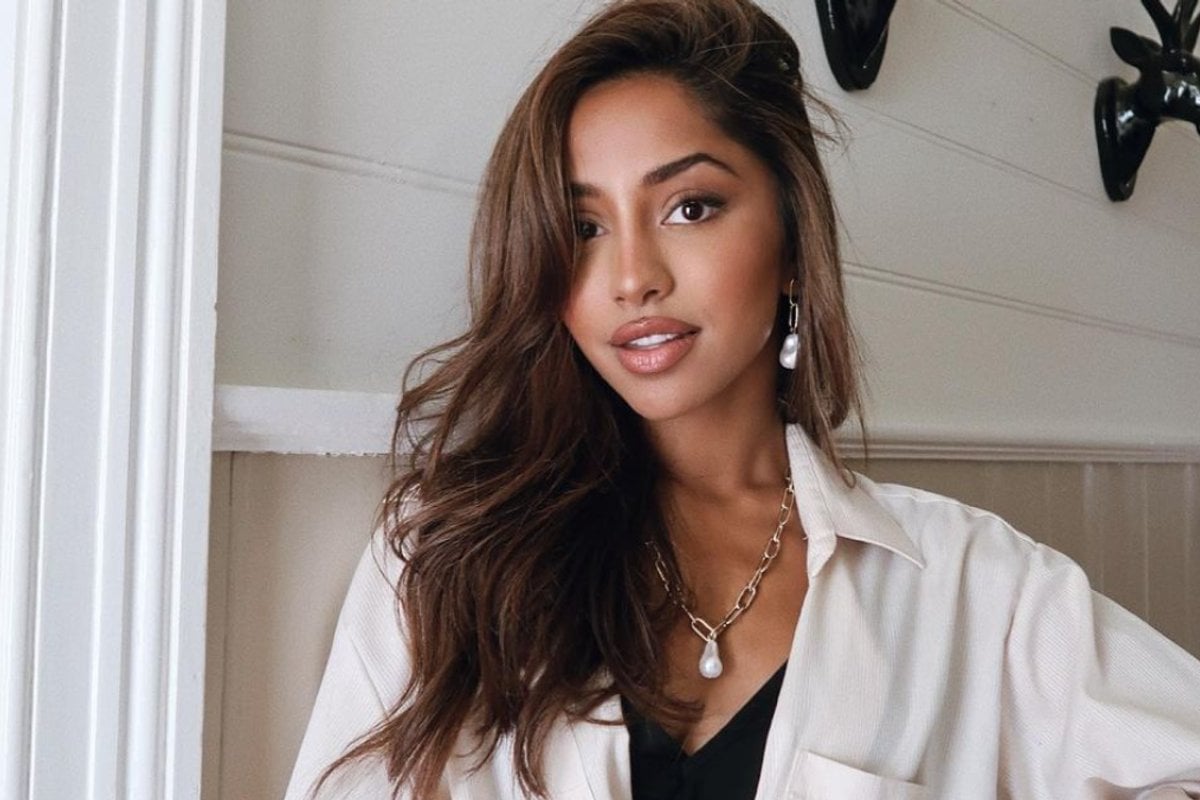
Growing up in a family hailing from India, I was subjected to a mix of calculated ‘brown jokes’ and unintentional gaffs from my childhood peers.
I was often asked whether my dad ran a 7-11 convenience store like Apu in The Simpsons, incurred jokes assuming he was a ‘taxi driver’, questioned whether my family ‘bobbed their heads when they spoke’, asked whether I wore a bindi (a culturally significant coloured dot on my forehead), and quizzed on whether we ate anything aside from curry.
Watch: The awkward questions Amanda Fotheringham gets asked as a young Aboriginal woman. Post continues below.
Although these statements were hurtful, they were from the mouths of children. More worrying has been the careless remarks from the mouths of adults.
Given the conversations about race in 2020 following the overdue momentum of Black Lives Matter, we’ve been learning a LOT - including more about the term ‘microaggressions’.
These are everyday comments or behaviours - intentional or otherwise - that communicate derogatory or negative attitudes towards marginalised groups.
No matter how seemingly innocuous, ‘throwaway’ comments hurt Bla(c)k, Indigenous and people of colour (BIPOC) just as much as targeted racist slurs.
Top Comments